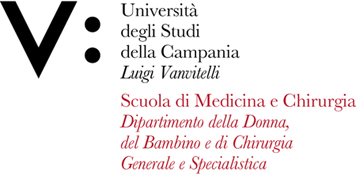Adriano LAUDISIO
Insegnamento di INGLESE (COLLOQUIO)
Corso di laurea in FISICA
SSD: NN
CFU: 4,00
ORE PER UNITÀ DIDATTICA: 60,00
Periodo di Erogazione: Annualità Singola
Italiano
| Lingua di insegnamento | INGLESE |
| Contenuti | Part I - General English: |
| Testi di riferimento | 1) S. Pople, Complete Physics for Cambridge IGCSE. Oxford University Press. |
| Obiettivi formativi | Competenza in inglese scritto e parlato di livello B1; |
| Prerequisiti | Conoscenza dell'inglese livello A2 |
| Metodologie didattiche | Lezioni frontali |
| Metodi di valutazione | Prova scritta alla fine del primo modulo (General English) |
| Programma del corso | Part I - General English: |
English
| Teaching language | English |
| Contents | Part I - General English: |
| Textbook and course materials | 1) S. Pople, Complete Physics for Cambridge IGCSE. Oxford University Press. |
| Course objectives | Competence in written and spoken English, level B1; |
| Prerequisites | English language skills at A2 level |
| Teaching methods | Lectures; |
| Evaluation methods | Written test at the end of Part I (General English) |
| Course Syllabus | Part I - General English: |







